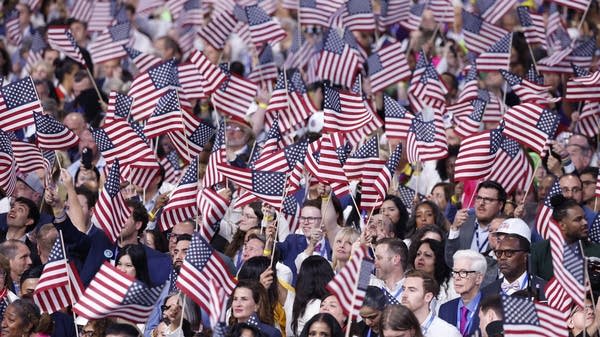Do candidates follow through on economic promises if elected?
There’s only so much control a president has over economic policy, but promises give voters a sense of what a candidate will attempt.

Vice President Kamala Harris took to a stage in North Carolina Friday afternoon to outline her vision of what America’s economic future would look like, should the American voters choose to put her in office: A focus on the care economy, efforts to curb food costs and investments in housing.
We’ve heard from former President Donald Trump as well, including pledges to further restrict immigration, boost domestic oil production and levy more tariffs.
But how much do economic promises on the campaign trail actually matter when it comes to economic policy once someone makes it to the Oval Office?
When making promises about the economy, presidential candidates have to strike a balance between making their general case for why they’d be a good president and not giving their opponents too much to work with.
“It’s sometimes a conflict, because we [voters] would want people to be flexible as the facts goes. But I think voters want specifics,” said John Berlau, director of finance policy at the Competitive Enterprise Institute.
And there’s only so much control a president has over economic policy, pointed out Caitlin Legacki, who worked for the Commerce Department under President Joe Biden.
“A lot of this depends on the makeup of Congress,” she said. “And so, as much as, you know, presidents lay out their agenda and their visions, it’s not entirely up to them.”
But campaign promises do give voters a sense at what a candidate will attempt and create a framework for voters to judge them by if they run for reelection.
“Presidents always try to do what they can to follow through on those promises, because politically, there’s a price to be paid for those who don’t,” said Lanhee Chen, a fellow at the Hoover Institution at Stanford University.
Whether a candidate’s promises about the economy even land with voters kind of depends on how the economy is doing ahead of the election, said Tabitha Bonilla, who teaches social policy at Northwestern University.
“If the party in power is presiding over a weaker economy, that tends to make voters more skeptical of the promises that that campaign can actually be effective on the economy,” she said.
But if the economy is in good shape and/or improving, voters may be a bit more inclined to give them another shot at running the government.













